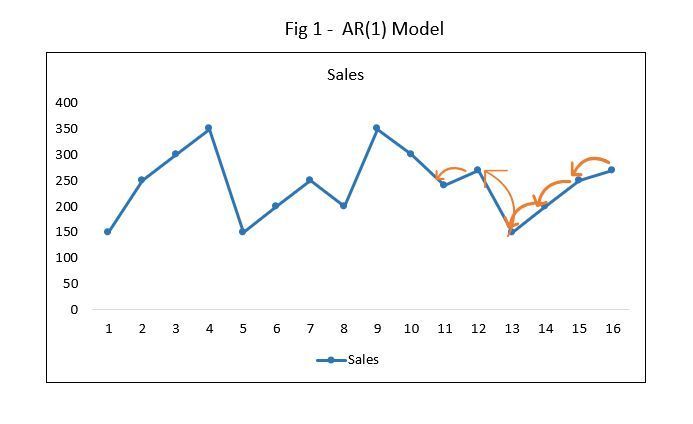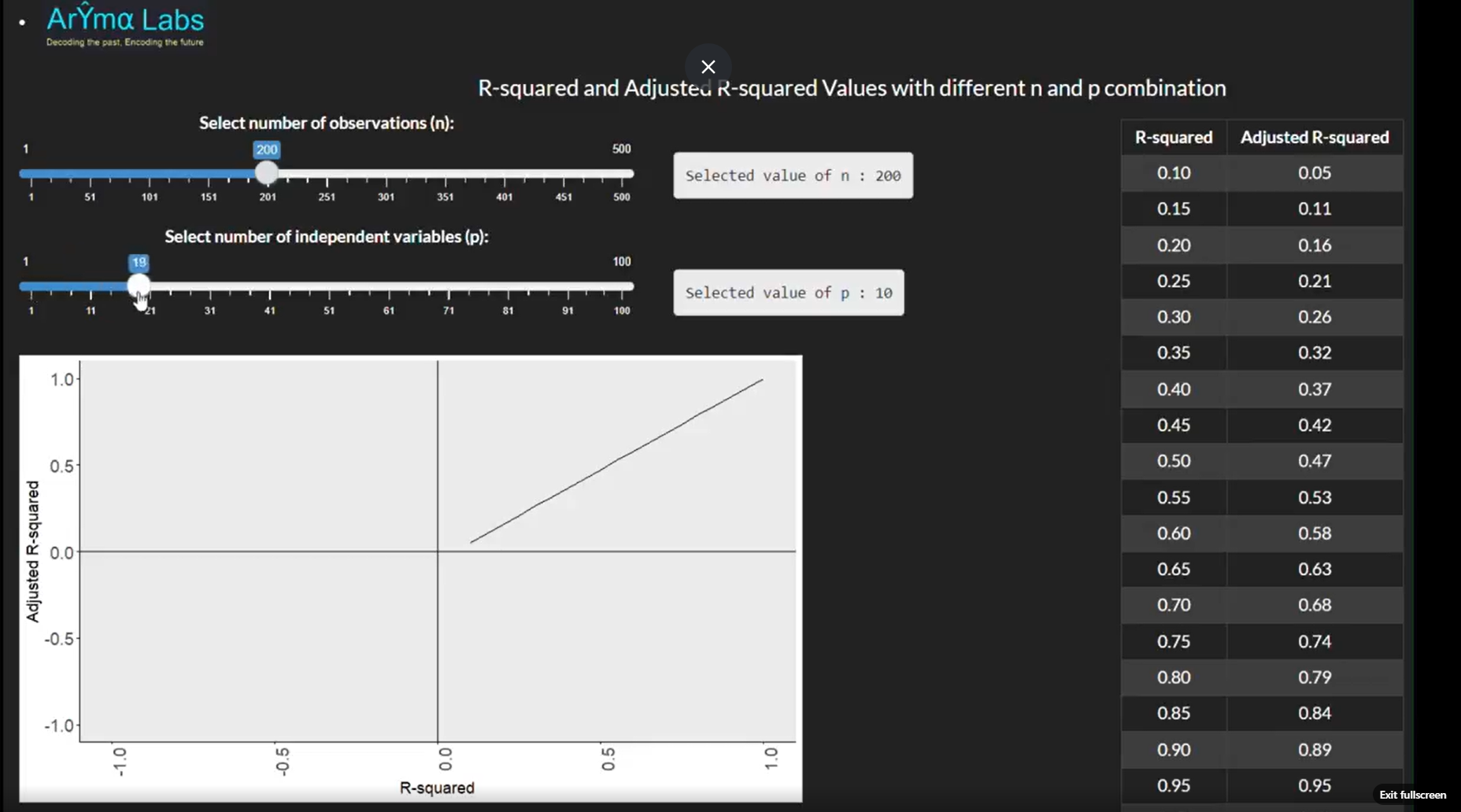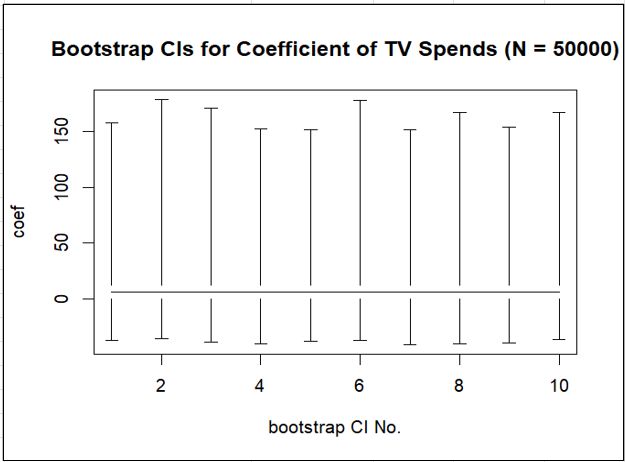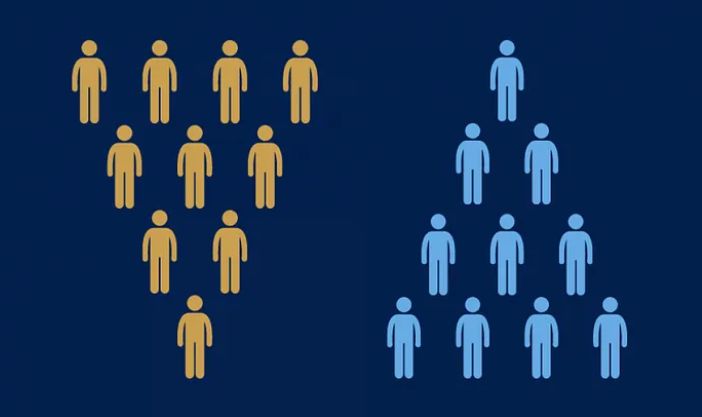
MMMs are long memory models
In my previous posts, I had written about why one should not use Geo tests to fix priors in Bayesian MMM. ICYMI the link is in resources. Another reason why this is such a bad idea is because of the difference in nature of MMM model and Experimentation. What nature? Well, MMMs are long memory models while Experimentation often have no memory or relatively short memory. Let me unpack what I mean by memory (this going to slightly stat/math heavy, but pls bear with me). MMMs are inherently autoregressive in nature. Autoregressive means the present value in some form depends on the past value/s. Autoregressive (AR) Models forecast a time









